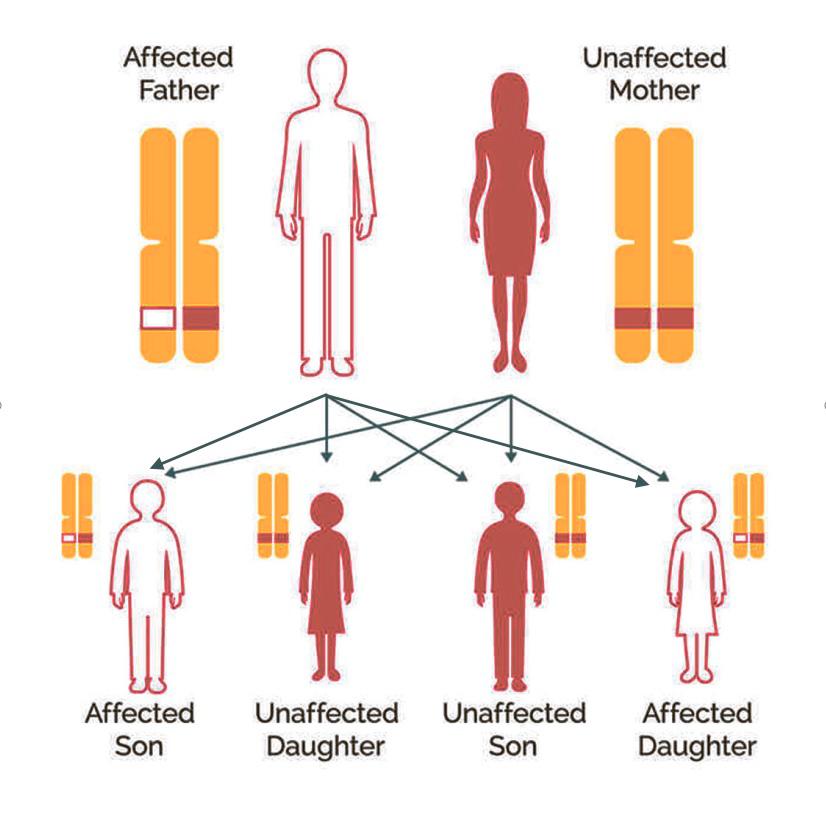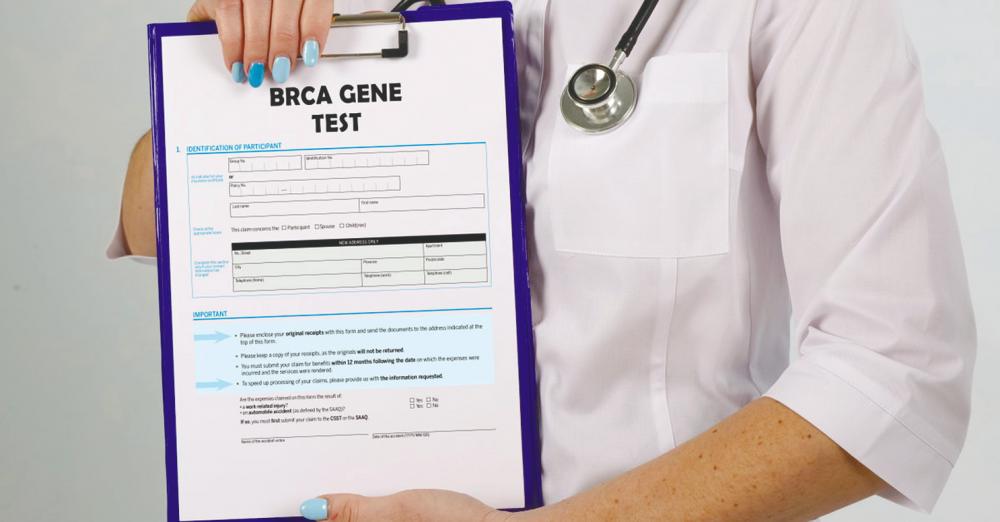ABOUT 5% to 10% of breast cancers are hereditary. Hereditary cancer means that certain genes that increase the risk of cancer are passed down to the child from the mother or father.
The BRCA1 and BRCA2 genes are tumour suppressor genes that help fight cancer. When they work normally, these genes prevent cells from growing and dividing uncontrollably, which results in tumours in breasts or ovaries.
The name BRCA is an abbreviation for BReast CAncer gene.
Both BRCA1 and BRCA 2 mutations increase the risk of breast, ovarian, pancreatic cancer. The difference between them is BRCA1 carriers have a higher risk of ovarian cancer than BRCA2 carriers, whereas BRCA2 carriers have a higher risk of pancreatic cancer, prostate cancer and melanoma compared to the average population.
Besides that, BRCA1 mutations are also linked with a risk of triple-negative breast cancer, which is a more aggressive type of cancer that does not respond to hormone therapy or certain drugs. Even so, chemotherapy may still be effective at treating triple-negative breast cancer.
When mutations in the BRCA gene are found, a woman with the gene mutation has up to a 7 in 10 chance of getting breast cancer by age 80. Women with one of these mutations are more likely to be diagnosed with breast cancer at a younger age, as well as to have cancer in both breasts.
Cancer Research Malaysia’s research indicates that 1 in 20 Malaysian breast cancer patients have inherited a mutation in their BRCA1 or BRCA2 gene.
Women with a BRCA gene mutation are also more likely to get breast cancer in the opposite breast (called contralateral breast cancer) and this is why carriers are advised to go for checkups, where the type of checkups required depends on the age of the woman.
Besides that, they may choose to undergo preventative mastectomy to decrease the risk of developing breast cancer by around 90%.
A well-known example is actress and filmmaker Angelina Jolie, who talked about her positive BRCA results and underwent preventative double mastectomy.
Although only 1% of breast cancers occur in men, a BRCA2 mutation in men increases the risk of getting breast cancer for men. Men who have a mutation in their BRCA genes also increase their chances of developing pancreatic cancer, melanoma and prostate cancer.
Genetic testing can be done to look for inherited mutations in the BRCA1 and BRCA2 genes. The testing can be done on samples of blood or saliva, or from a swab of the inside of a cheek. Then, the samples are sent to a lab for testing.
Before getting genetic testing, it’s important to know ahead of time what the results might or might not tell you about your risk. The information is to help individuals and families in deciding how to manage their risk of cancer.
The test is recommended for those who have a close relative with breast, ovarian, prostate or pancreatic cancer, or for those who develop breast cancer at a young age, or of the triple-negative subtype. However, not everyone who inherits a BRCA gene mutation will get cancer.
Both men and women can inherit a BRCA gene mutation and pass it on to their children.
You don’t get to choose the genes you get at birth, so a BRCA gene test is to help you plan steps to lower your risk - at the moment, the only effective way is prophylactic surgery or chemoprevention.
For women at increased risk of breast cancer, you can do breast self-exams to check for lumps during their period each month. It is recommended to do the self-exams three to five days after your period starts as catching cancer early increases the chances of survival.
There are many emotions and decisions that come with a positive BRCA mutation test result. Feelings such as fear, anger, sadness, or guilt might crop up. Therefore, psychological support is needed to lower the feelings of anxiety or depression.
After the test, there will also be many questions, which is why it is important to have a trained genetic counsellor and specialist to discuss the results with, so that you can find out about the next steps you can take.














